Talk Overview
In Part 1, Wessler introduces transposable elements (TEs); small movable pieces of DNA that can insert throughout the genome. She describes their discovery in maize by Barbara McClintock in the 1940’s and their impact on the current study of genetics. Wessler goes on to provide more details about TEs and transposase, the enzyme that facilitates insertion of TEs into the target DNA.
Amazingly, as much as 50% of a mammalian genome and much more of a plant genome can be made of TEs. In Part 2 of her talk, Wessler discusses work from her lab analyzing the impact of TEs on gene and genome evolution. By looking for and finding a TE currently undergoing rapid amplification, Wessler and her colleagues have been able to assess how a type of TE called a MITE can rapidly increase its copy number without killing its host, rice.
Speaker Bio
Susan Wessler
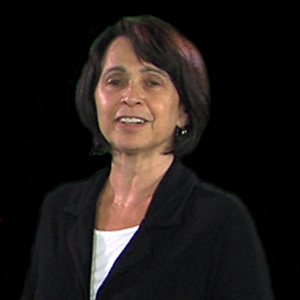
Susan Wessler received her BA in biology from SUNY Stony Brook and her PhD from Cornell University. While she was a post-doctoral fellow at the Carnegie Institution of Washington she met Barbara McClintock, an event that influenced the direction of Wessler’s research career. Wessler joined the department of plant biology at the University of Georgia… Continue Reading
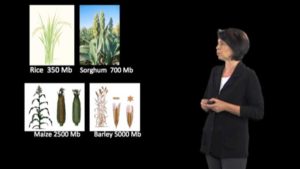
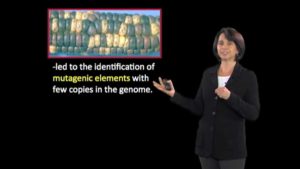
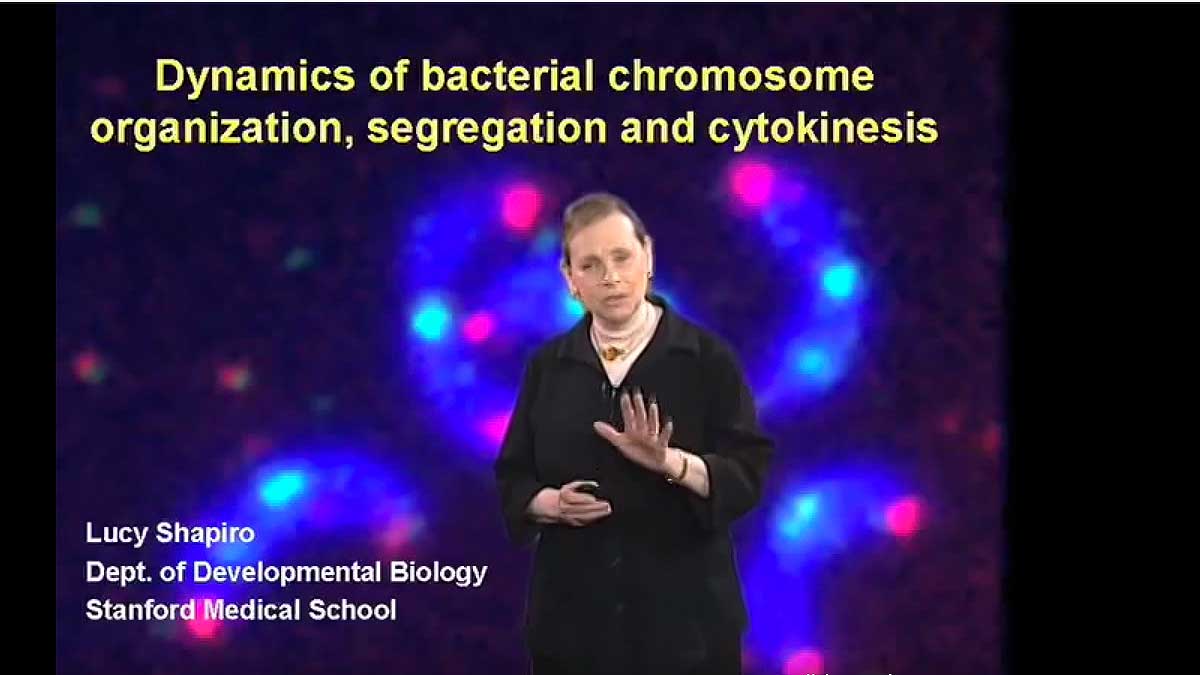
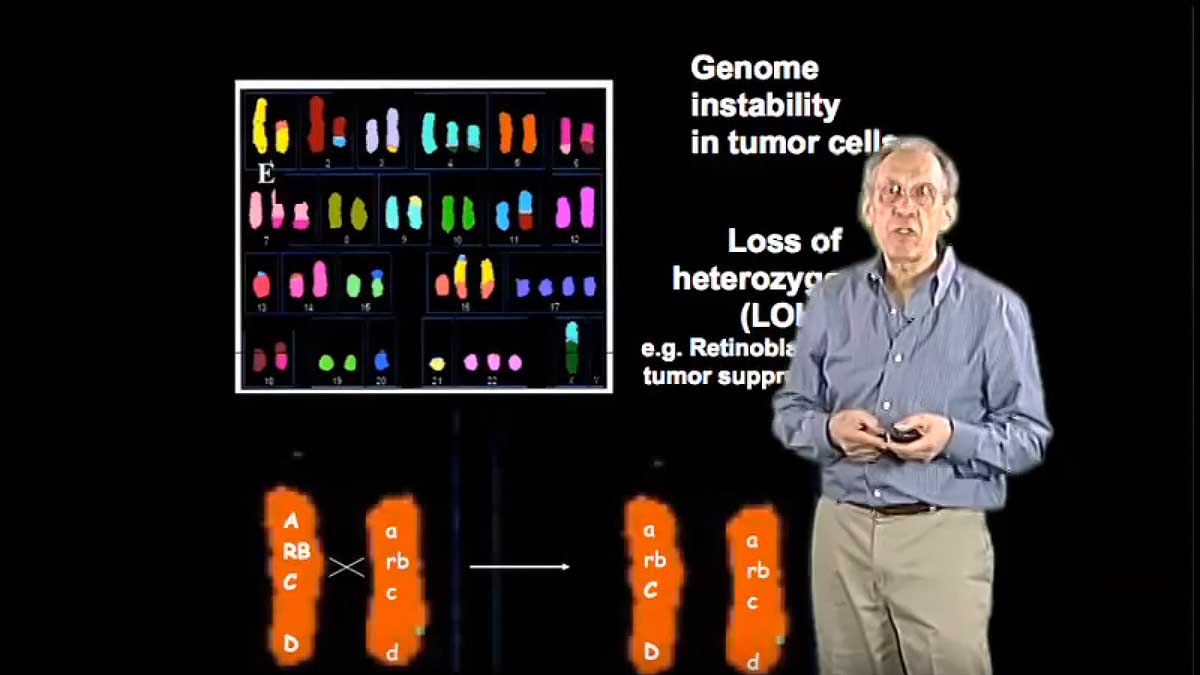
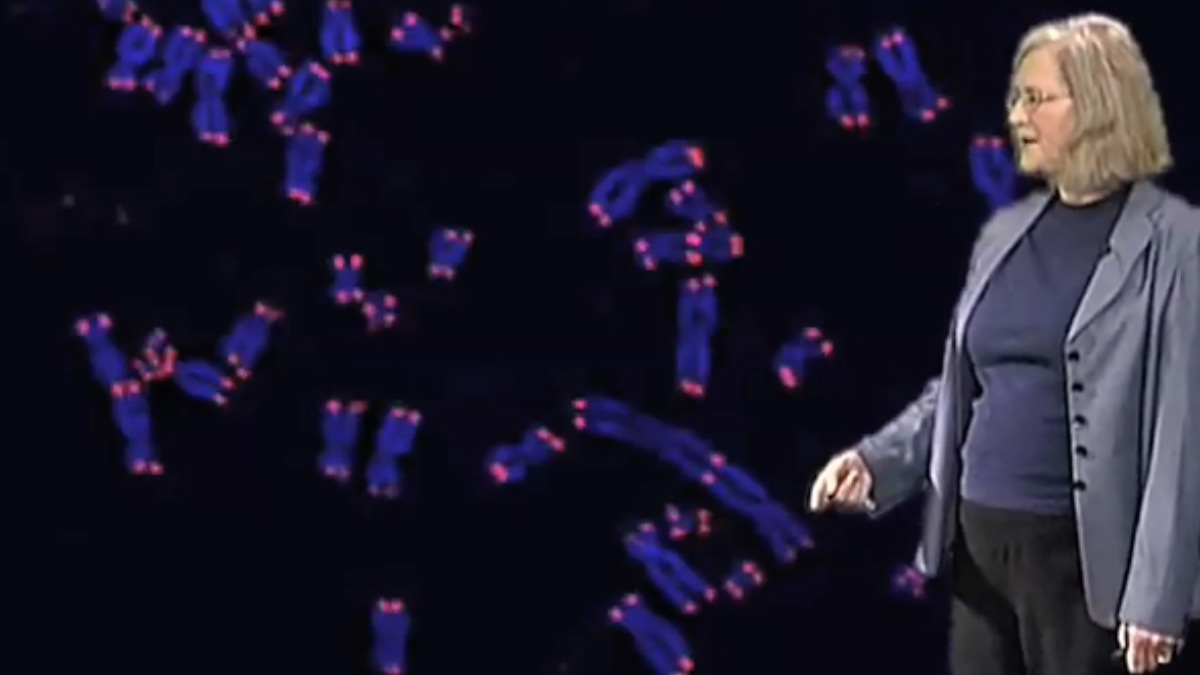






Leave a Reply